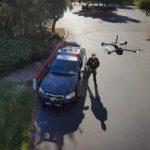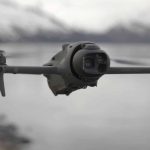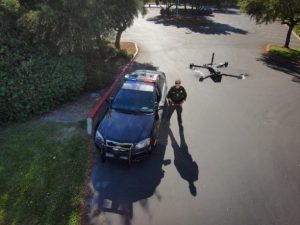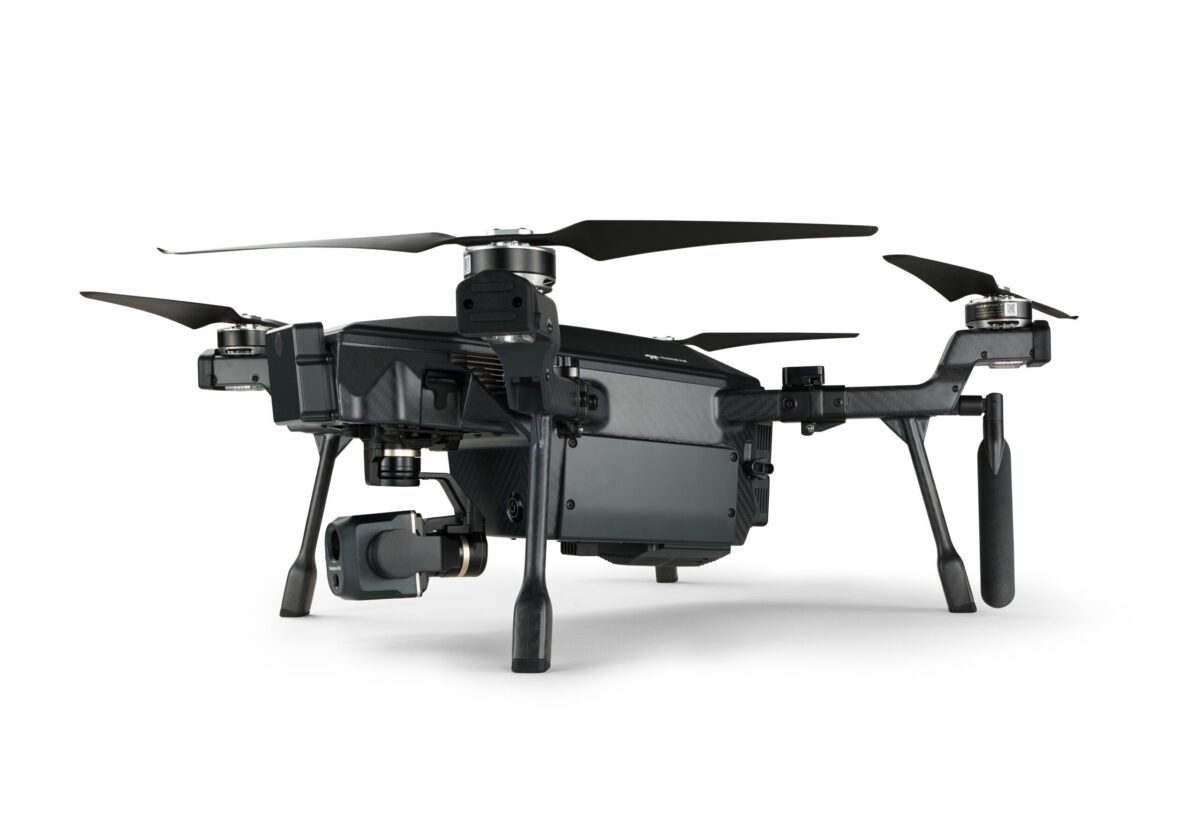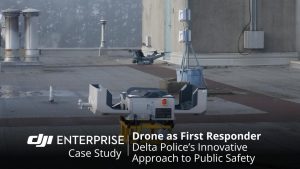Enhancing Drone Security and Counter-UAS Policies: Insights from Lisa Ellman
February 6, 2025 – Lisa Ellman, Executive Director of the Commercial Drone Alliance (CDA), recently testified before the U.S. House of Representatives Subcommittee on Aviation. Her testimony focused on the changing landscape of counter-unmanned aircraft systems (counter-UAS) regulations and articulated the need for balanced policies that enhance security while allowing for the growth of the commercial drone sector.
The Impact of Drones on Society
Drones are revolutionizing numerous industries by improving safety standards, lowering operational costs, and enhancing emergency response capabilities. Ellman highlighted that, “Communities nationwide utilize this technology daily, assisting in wildfire management, disaster response, critical infrastructure inspections, and even medical and food deliveries.” The commercial drone industry is projected to contribute significantly to the economy, creating opportunities for businesses of all sizes.
However, concerns about unauthorized drone use persist. Ellman stressed that the commercial drone sector is aligned with public and congressional interests in maintaining safe operational practices and emphasized the importance of transparency and education to foster public trust in drone technology.
Building a Regulatory Framework for Safe Drone Use
Ellman called on policymakers to establish a robust regulatory framework to ensure the safe integration of drones into the national airspace. She pointed to the Federal Aviation Administration’s (FAA) Remote Identification (Remote ID) rule, which mandates drones to broadcast a digital identification, likening it to vehicle license plates. “Members of the public can now utilize various smartphone applications, like Drone Scanner, to identify drones just like they would cars on the road,” she remarked.
While Remote ID enhances transparency, Ellman underscored the necessity for improved compliance measures and public education. She urged the prompt enactment of outstanding FAA regulations, particularly concerning beyond visual line-of-sight (BVLOS) operations and security protocols for sensitive infrastructure, referred to as the “2209 rule.” Ellman lamented that congressional deadlines for these regulations have often been overlooked, to the detriment of both the drone industry and the public.
To further bolster security, she proposed a “verified operator” program, akin to TSA Pre-Check, which would aid in differentiating legitimate commercial operators from unauthorized users. According to Ellman, the commercial drone industry is enthusiastic about participating in such initiatives, which would help maintain a database of authorized drone operations for public safety personnel.
Expanding Counter-UAS Authorities
Ellman discussed the necessity of strengthening counter-UAS capabilities to better equip law enforcement and security agencies in mitigating drone-related threats. She expressed support for the House’s initiatives, particularly H.R. 8610, the “Counter-UAS Authority Security, Safety, and Reauthorization Act,” and H.R. 4333, the “Safeguarding the Homeland from UAS Threats Act of 2023.”
“The current bill represents a significant progression towards enhancing our national airspace’s transparency and security while ensuring safety and accountability,” Ellman stated. She urged lawmakers to ensure that counter-UAS policies remain technology-neutral, allowing for the adoption of the most effective countermeasures regardless of the technology used.
Furthermore, Ellman recommended broadening the Counter-UAS Pilot Program to encompass a wider range of state, local, tribal, and territorial law enforcement agencies, asserting that this diversity of data will be crucial for shaping future policy directions. She emphasized the need to proactively focus on operator training, system testing, and the development of performance standards to circumvent delays in implementation.
A Call for a Balanced Regulatory Approach
In her closing remarks, Ellman reiterated the importance of a balanced regulatory approach, stating, “Our aim is to facilitate safe and compliant commercial drone operations while addressing challenges from negligent or criminal drone activities.” She encouraged lawmakers to advance clear regulatory guidelines and expand counter-UAS authorities to protect national security while fostering innovation in the drone sector.
For further details on the CDA’s policy initiatives, visit www.commercialdronealliance.org.
To read the original article, click here.



